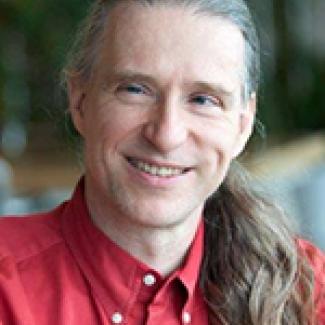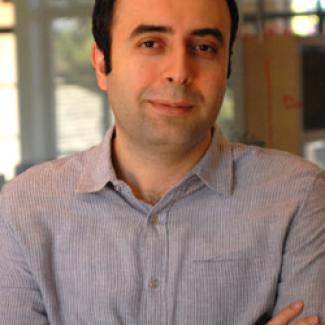
About
Networks play a central role in our social and economic lives as the fabric over which we interact, form social connections, conduct economic transactions, transmit information, propagate disease, and so much more. This has been brought into stark relief by our recent global crises of the pandemic and the spread of misinformation. As we attempt to understand ever larger networks and the processes on them, it has become increasingly important to find succinct representations of large networks. Such representations were provided by the invention of graph limits and related non-parametric graph models; since then, these have become objects of intense study in the graph theory, combinatorics, and statistics communities, and they are increasingly used both in theoretical computer science and in applications.
In this program, we study networks from many different perspectives — graph limits, modeling, estimation, and processes on networks, including epidemics, spread of information, and more general economic and social processes. In all these areas, many questions remain open: the theory of sparse graph limits is still evolving, and computational aspects of estimation have not been examined systematically yet, with differentially private estimation also understood only in the simplest cases. In a similar way, there are many fundamental questions concerning the spread of epidemics and information on networks: the scarcity of testing resources and vaccinations during the current pandemic and the significant economic cost of the existing shelter-in-place measures have highlighted the urgent need for developing adaptive algorithms for testing, intervention, and quarantine. Equally important are the distributional consequences of different pandemic policies. Finally, the spread of information on networks and recent misinformation campaigns on networks raise fundamental questions on how these processes differ from those of an epidemic, with the role of strategic agents being just one aspect.
Research in these areas can greatly benefit from bringing together various communities, from theoretical computer scientists and mathematicians as core participants, to more applied researchers like statisticians and domain scientists from a host of areas, to collectively study these phenomena. The purpose of this program is to facilitate such fundamental and interdisciplinary research.
Click here to subscribe to our news and events to learn more about this and other events.






